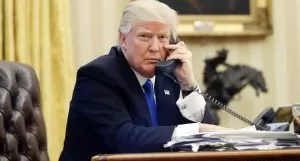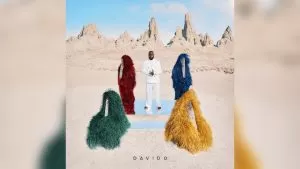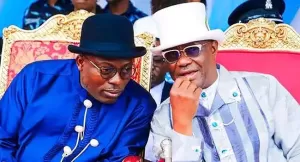Here are 5 things you need to know today


Louisville shooting
Covid-19 national emergency officially ends
Rare fungal infection outbreak
Russian scorched Earth tactics
Dalai Lama apologizes
Here’s what else you need to know to Get Up to Speed and On with Your Day.
• (You can get Inside 5 Things” delivered to your inbox daily. Sign up here.)
1. Louisville shooting
• A 25-year-old bank employee opened fire at his workplace in Louisville, Kentucky, Monday and livestreamed the attack that left five dead and eight others injured, authorities said. The gunman was killed by police after a shootout that wounded two officers, leaving one in critical condition. According to a source familiar with the investigation, the gunman left behind a note for his parents and a friend indicating he planned to carry out a shooting at his workplace, though it is unclear when the message was found. Monday’s massacre is the 146th mass shooting so far this year, according to the Gun Violence Archive, leaving another community in mourning while lawmakers clash over possible gun violence solutions.
2. Covid-19
• President Joe Biden signed a bill Monday ending the national emergency for Covid-19 – months before he intended for the declarations to cease. One White House official downplayed the bill, saying that “to be clear, ending the National Emergency will not impact the planned wind-down of the Public Health Emergency on May 11” – which enabled the government to provide many Americans with Covid-19 tests, treatments and vaccines at no charge. “Since Congress moved to undo the National Emergency earlier than intended, we’ve been working with agencies to address the impacts of ending the declaration early,” the official said. The bill to end the national emergency cleared the Senate last month in a bipartisan 68-23 vote and passed the GOP-led House earlier this year. The White House had signaled strong opposition to the bill but said Biden would sign it if it came across his desk.
3. Fungus
• Almost 100 confirmed or probable cases of a rare fungal infection known as blastomycosis have been linked to a Michigan paper mill, health officials say. Blastomycosis is caused by a fungus, Blastomyces, that lives in the environment, especially in moist soil and decomposing matter like wood or leaves, according to the CDC. People can breathe in these microscopic fungal spores, and although most of them won’t get sick, some will develop symptoms like a fever or cough between three weeks and three months later, the CDC says. Nineteen cases have been linked with the Billerud Paper Mill in the town of Escanaba and another 74 are probable, meaning the person has symptoms. Typically, there are only one or two cases per 100,000 people each year in states where blastomycosis is a reportable condition, the CDC said.
4. Ukraine
Russia is using airstrikes and artillery to destroy the eastern Ukrainian city of Bakhmut, in what Ukraine’s top land commander calls “scorched Earth” tactics. Meanwhile, Ukraine is working to hold back Russian forces in the region, with more than 20 attacks repelled within 24 hours, according to Ukraine’s General Staff of the Armed Forces. Separately, the US State Department on Monday officially declared the Wall Street Journal reporter Evan Gershkovich as “wrongfully detained” by Russia. This designation will empower the US to explore avenues such as a prisoner swap to try to secure his release. Gershkovich was detained in late March and formally charged with espionage last Friday.
5. Dalai Lama
• The Dalai Lama has apologized after a video emerged showing the spiritual leader kissing a child on the lips and then asking him to “suck my tongue” at an event in northern India. In a statement Monday, the office for the Dalai Lama said he “wishes to apologize to the boy and his family, as well as his many friends across the world, for the hurt his words may have caused,” adding he “regrets” the incident. “His Holiness often teases people he meets in an innocent and playful way, even in public and before cameras,” the statement said. His apology comes after a video of the exchange, which took place in February, went viral on social media – with many users criticizing the Dalai Lama’s actions. Some of his supporters, on the other hand, argue the leader’s actions have been misinterpreted under a Western lens.






